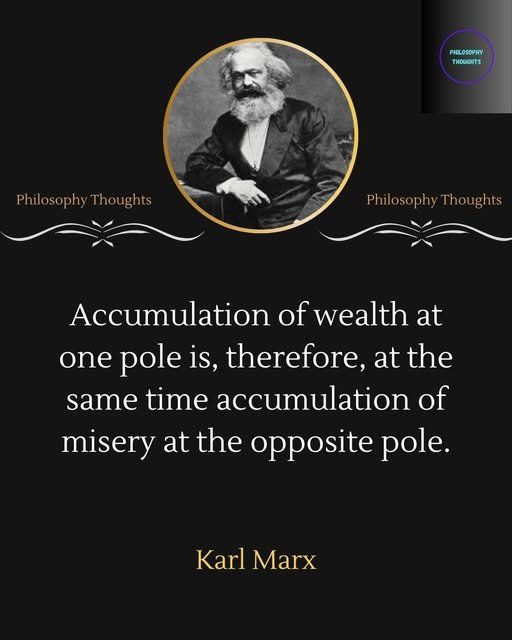\"Wise men speak because they have something to say; Fools because they have to say something\". Plato
Plato’s words cut through the noise of mindless chatter, forcing us to question why we speak at all. Are we contributing value, or are we simply filling the silence? The distinction between wisdom and folly often lies in intention—the wise speak with purpose, the foolish out of compulsion.
In a world drowning in opinions, attention spans shrink while voices multiply. The fool speaks to be heard, grasping for relevance, mistaking volume for value. The wise, on the other hand, understand the power of restraint. They speak when their words carry weight, not just when the moment invites noise.
This isn’t about silence—it’s about substance. A fool may dominate the room, but a wise man owns the moment. The key? Depth over display. A well-placed pause holds more power than a flood of empty words.
So before you speak, ask yourself: Am I adding clarity, or am I contributing to the clutter? Because in the end, wisdom isn’t about speaking often. It’s about speaking when it matters most.




























.jpg)
.jpg)

.jpg)




.jpeg)

.jpg)








.jpeg)






.jpg)



.jpeg)









.jpeg)








.jpeg)



 (3).jpg)





.png)
.jpg)





.jpg)

